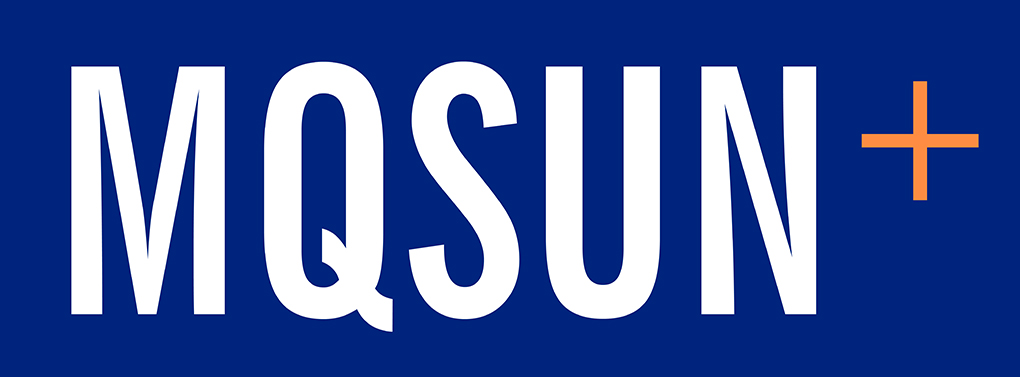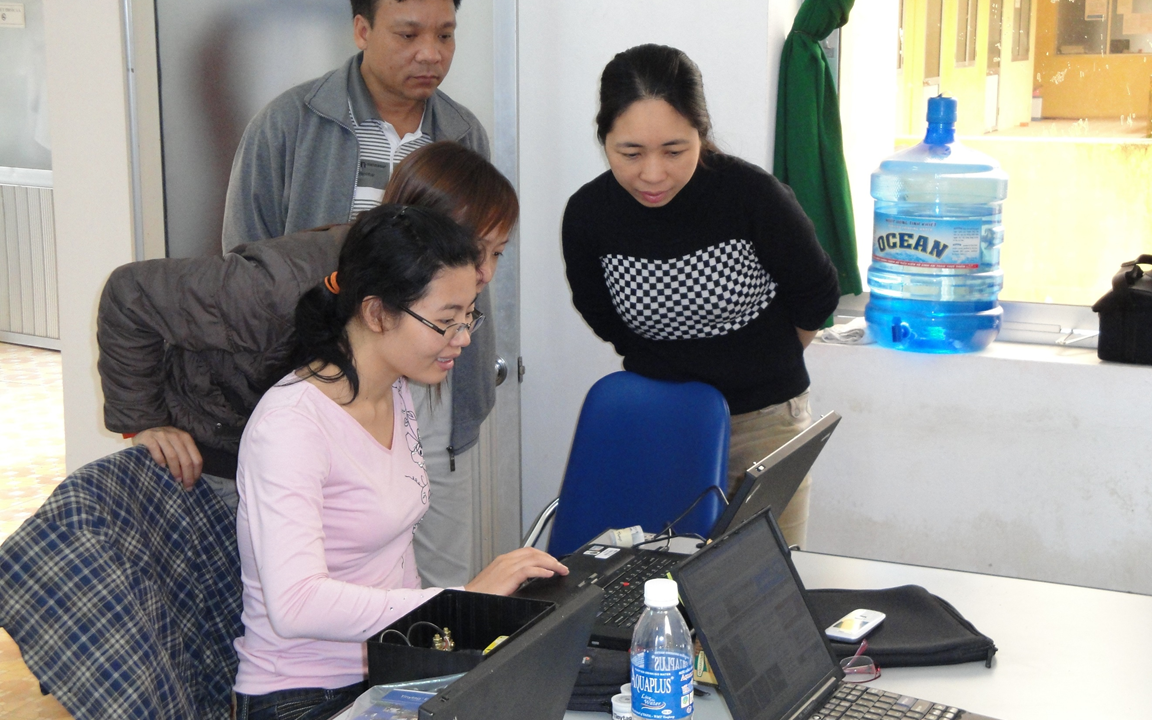Scaling Up Nutrition (SUN) countries have been conducting national government budgetary expenditure analysis of nutrition-specific (e.g., school feeding programmes) and nutrition-sensitive (e.g., water and sanitation projects) investments. As of 2016, 47 countries have reported conducting the analysis, with 22 carrying it out more than once. This analysis has proven to be invaluable at both the national and global levels. For example, SUN focal points in Sierra Leone recently outlined how useful the analysis has been in understanding how nutrition financing has been impacted by the Ebola crisis in the country. In addition, country-level government expenditure tracking has been detailed in SUN country investment snapshot reports. This information has been consolidated and used in editions of the Global Nutrition Report since 2014—providing insights into domestic public-resource allocations and highlighting best practices in countries.
While there have been clear successes with the analysis, challenges remain in better understanding government investments in nutrition-specific and nutrition-sensitive areas. One of these challenges is that, so far, the budget-tracking analysis by SUN countries has focused only on national government allocations, not on subnational government allocations. Yet in some countries where subnational governments are responsible for financing and delivering services, it is likely that a significant component is either relevant or specific to nutrition. Typically, subnational governments are responsible for service delivery in sectors like health, education, water and sanitation, environmental protection and agriculture.
Although some work on subnational government financing in nutrition has taken place in specific regions in some SUN countries, there has not yet been a holistic assessment of the scale of subnational government financing in SUN countries. The objectives of this note are to: 1) detail the role of subnational governments in overall government spending in SUN countries, and 2) outline the relative importance of their responsibilities in delivering nutrition-specific and nutrition-sensitive services. This note aims to highlight the important role subnational governments play in nutrition financing and delivery in many SUN countries.


